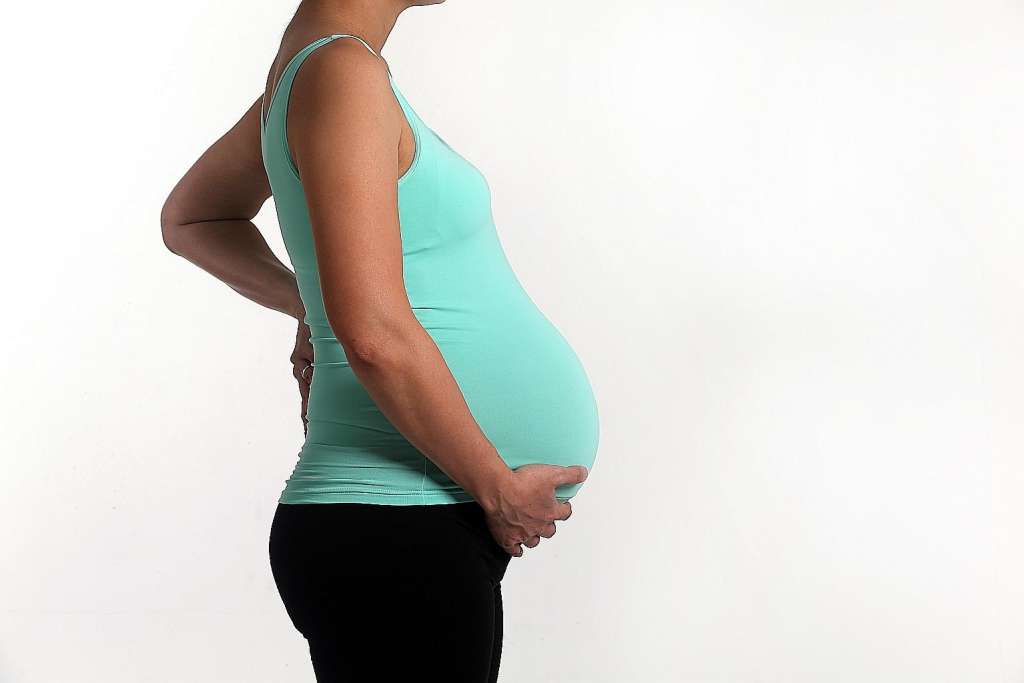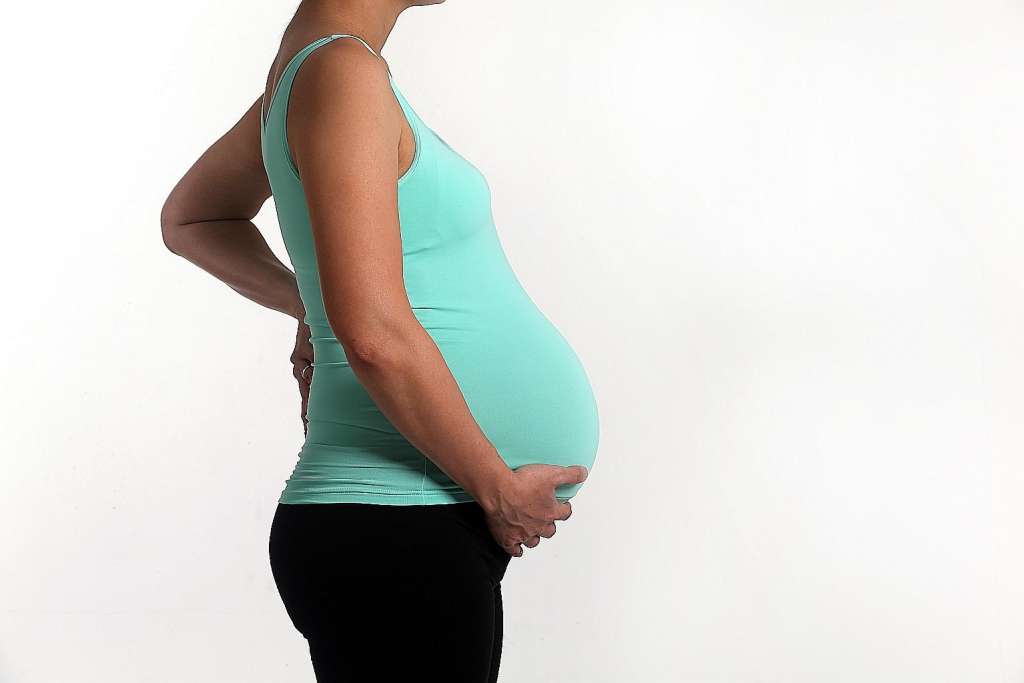By medical standards, the risks of having a child at the age of 40 are unnerving enough to put a damper on any baby-making plans.
But more older mums are thumbing their noses at the gloomy statistics.
Think 40-something actresses like Halle Berry and Fann Wong, both of whom defied statistical odds and delivered healthy babies.
In October this year, 50-year-old singer Janet Jackson confirmed her first pregnancy and showed off her baby bump.
In fact, the number of women conceiving in their 40s has doubled over the past three decades in Singapore.
Last year, there were nine births for every 1,000 women aged 40 to 44, compared to 4.5 in 1985, according to figures from the Singapore Department of Statistics.
In contrast, the number of women having babies between the ages of 25 and 29 – considered the optimum age for motherhood – has depleted by 50 per cent in the last 30 years.
But is age just a number when it comes to having babies? To a certain extent, yes.
Advances in artificial reproductive techniques like in vitro fertilisation (IVF) have made it possible for couples to have babies later in life, especially for those with fertility problems, said Dr Tan Eng Loy, a consultant at the department of obstetrics and gynaecology at Singapore General Hospital (SGH).
That is because IVF boosts a woman’s chances of conceiving, regardless of her age, said Dr Yeong Cheng Toh, a consultant gynaecologist and reproductive endocrinologist at Virtus Fertility Centre Singapore.
Improvements in screening methods and better ultrasound equipment also mean that abnormalities and birth defects in unborn babies are detected more accurately early in pregnancy, according to the doctors.
Minimise the risks
These are three things older mothers should do to minimise risks during pregnancy and childbirth, according to Dr Tan Eng Loy, a consultant at the department of obstetrics and gynaecology at Singapore General Hospital.
1 IF YOU ARE TRYING FOR A BABY
See your doctor to ensure that you have good control of any existing medical issues like diabetes or heart conditions.
You may have to adjust your medication so that it does not affect your chances of becoming pregnant or your unborn baby’s health.
2 IF YOU ARE PREGNANT
Make an appointment with your gynaecologist as soon as your home urine pregnancy test shows positive results, at around five to six weeks, so that you will get proper antenatal care.
Stay up-to-date with screening tests such as those for Down syndrome, and detailed ultrasound scans.
You will also be checked for gestational diabetes, which is usually done between 24 and 28 weeks.
Read also: Govt to beef up support for young parents
3 IF YOU ARE IN YOUR THIRD TRIMESTER
Closer to your estimated due date, at around 39 weeks, you may be induced for labour to lower your risk of a possible stillbirth. Discuss this with your doctor.
A Finnish study has found that age, by itself, does not pose significant pregnancy and childbirth risks for a mother over the age of 35.
But her risk of complications – such as pre-term birth, a small baby and stillbirth – increases dramatically if she smokes, or is overweight or obese, and has pre- eclampsia or gestational diabetes, according to the study published in the Journal Of Maternal-Fetal And Neonatal Medicine.
What about recovery after birth?
Well, that depends on the woman’s health before pregnancy, Dr Tan said.
If an older mum is healthy and fit, she may have better stamina and recover from labour faster than a younger mum who is less fit or has medical issues, he added.
But even older mums with medical conditions, such as heart disease and diabetes, now have a better chance of enjoying a smooth pregnancy, thanks to advances in antenatal care.
For instance, SGH conducts high-risk pregnancy clinics thrice weekly to ensure that mothers are well looked after.
BIOLOGICAL CLOCK TICKS ON
Still, there are limits as to what medical science can do. It cannot change the fact that a woman’s fertility takes a nosedive after 35, making it harder for her to become pregnant, the doctors pointed out.
Dr Yeong said: “The media has highlighted many older women who have had successful pregnan- cies. But when it comes to biolo- gical advantage, there is a huge difference between a 20-year-old and a 40-year-old woman.”
A woman in her 40s has an approximately one-in-six chance of conceiving naturally with every cycle, he said.
Dr Tan added that if and when she gets pregnant, she also faces a higher risk of miscarriage.
Age is also the most important factor in determining whether fertility treatments like IVF work out, said Dr Yeong.
Women below the age of 35 have a 60 to 70 per cent chance of becoming pregnant through IVF. Those above 40 have only a 20 to 25 per cent chance.
While older mums may have medical advances on their side today, the risks should not be downplayed.
Take the odds of having a baby with Down syndrome. A 40-year- old mum’s risk of having such a baby is 10 times higher than if she were under the age of 30.
Dr Tan said: “Medical advances have helped us to detect unborn Down syndrome babies more accurately. But very little can be done to prevent them, other than conceiving at a much younger age.”
PRICE OF BEING AN OLDER MUM
Because they may require more screening tests and detailed scans, mums who wish to expand their families in their 40s should think about the expenses, financial services manager Fong Yong Hui said.
An example is non-invasive prenatal testing, a new test that screens for Down syndrome.
Women taking the test at SGH can expect to pay a subsidised rate of around $1,000. They cannot use their Medisave for it, Dr Tan said.
They may also need to be induced into labour closer to their due date. It is recommended that they deliver their babies before 40 weeks, to lower the possibility of a stillbirth.
“All of the above are likely to translate to increased costs,” he added.
Delaying motherhood also means that these mums will be close to retirement age by the time their child is ready for tertiary education, Ms Fong said.
With the estimated cost of raising a child in Singapore ranging from $200,000 to $1 million, juggling a child’s education funds and preparing for retirement can be a challenge.
Although older mums are often deemed more financially secure, Ms Fong said this may not be true.
“Ultimately, it boils down to her lifestyle. A 40-year-old woman who chose to live it up during her younger days may not be more financially secure than a younger mum who has been diligently saving since her early 20s,” she said.
“If you wish to have children later, it is important that you start saving as early as possible.”
• This article first appeared in Young Parents magazine. Young Parents, published by SPH Magazines, is available in both digital and print formats. Go to www.youngparents.com.sg to subscribe and for more parenting stories.

This article was first published on Dec 27, 2016.
Get a copy of The Straits Times or go to straitstimes.com for more stories.







